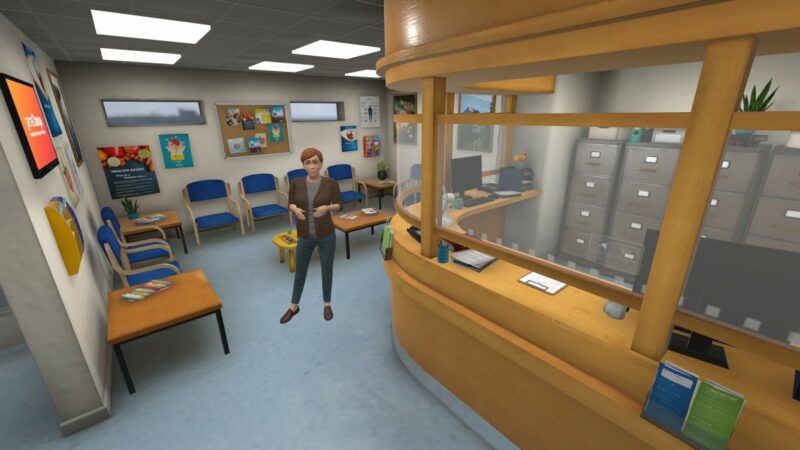Project overview
National Clinical Audit of Psychosis (NCAP) is coordinated by the Royal College of Psychiatrists and aims to improve the quality of care that NHS Mental Health Trusts in England and Health Boards in Wales provide to people with psychosis.
Early Intervention in Psychosis (EIP) services are measured against criteria that relates to the care and treatment that they provide, so that the quality of care can be improved.
The audit was commissioned by the Healthcare Quality Improvement Partnership (HQIP) from 2017 as part of the National Clinical Audit and Patient Outcomes Programme (NCAPOP). The programme is funded by NHS England and Improvement and the Welsh Government.
All NHS-funded Early Intervention in Psychosis teams in England and Wales and all NHS funded Children and Young People’s Mental Health Services in England (where EIP teams do not extent their offer to Children and Young People) are expected to participate in the audit.
Project details
This audit is important as it serves to act as a nationwide benchmark to measure the standards of treatment and care that people with their first episode of psychosis receive.
By creating a national average, mental health teams will be able to access the dashboard and look at how they are doing, in real time, in comparison in terms of national performance.
Teams will also be supported to create improvement plans, thus addressing areas where the audit reveals greater progress can be made which is a new innovation in this audit cycle.
The audit has a service user and carer reference group managed by the Royal College of Psychiatrists but co-facilitated by our research director Vanessa Pinfold.
It has three carer members, three service user members and a service user advisor.
The remit of this group is developing but it includes the production of summary reports for a public audience in 2024 and 2025.
For more information please get in touch on [email protected].
Related blogs
Related projects
Work with us
We are always excited to hear from others who want to collaborate on mental health research. From delivering peer research to helping you with public involvement strategies and providing training, get in touch to chat.







